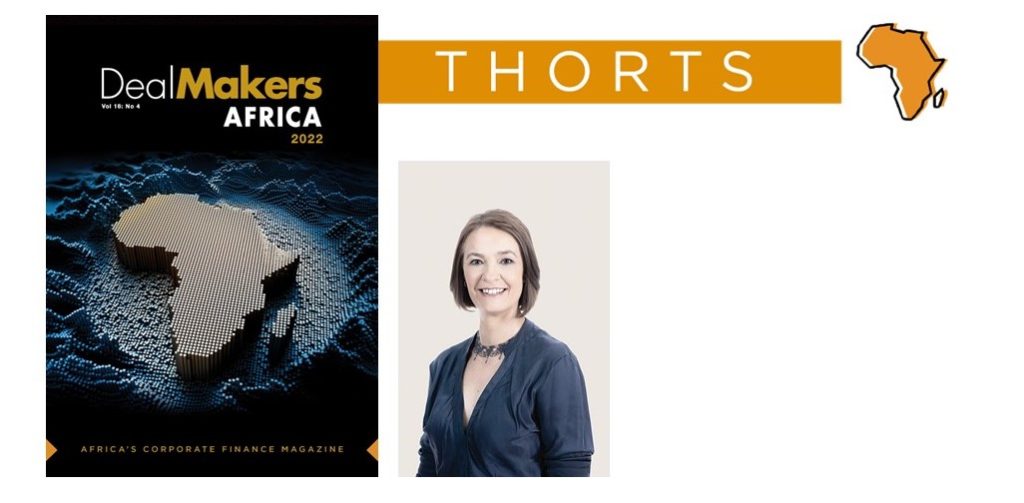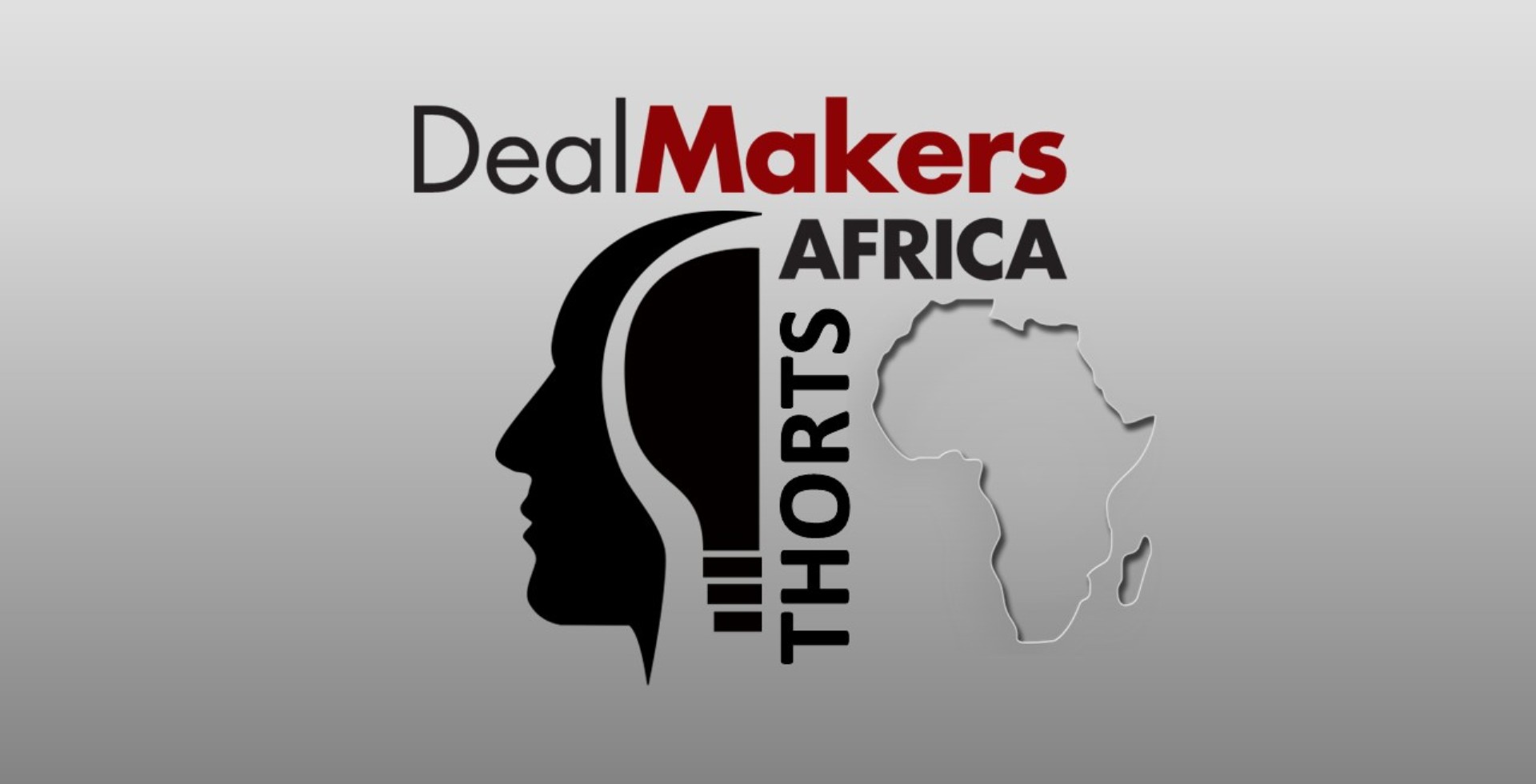2022 was another busy year for competition regulators across Africa.
One aspect driving this activity arises from the introduction of the Africa Continental Free Trade Area (AfCFTA) Agreement. The AfCFTA has, as its primary objective, the creation of a single market for goods and services across the African continent. Before it can function, protocols need to be put in place, one of them being a Competition Policy Protocol, the provisions of which require the existence of a functional competition regime.
A draft Protocol has been developed in terms of Phase II of the AfCFTA Agreement, and was approved in October 2022. Pursuant to this, Rwanda has launched a project to align the national legal framework with the Competition Policy Protocol, and Ghana has delayed the submission of its Competition and Fair Trade Practices Bill to Parliament in order to ensure that the Bill is in alignment with the draft Protocol.
Many countries in Africa have existing competition legislation, and the diminishing number of countries without a competition law are taking steps to introduce such legislation. For example, Uganda, which for many years has been considering the introduction of a competition law, moved a step closer to this in 2022, with a bill having been submitted to Parliament for debate and consideration. Lesotho is considering the introduction of competition law. Burundi is also being assisted by the East African Community (EAC) to set up its competition authority.
Existing regulators are becoming more active. One of these is Mozambique, which in 2022 imposed its first administrative penalty for failure to notify a merger. The authority has identified market studies and restrictive practices investigations as key areas to be prioritised. It has also made provision for the electronic submission of merger notifications and complaints.
Nigeria is also making its mark in the field of competition and consumer law since its legislation came into force a few years ago. With respect to all aspects of competition law, Kenya has been very active for a number of years, particularly under the stewardship of Francis Kariuki, who was appointed Director General of the Competition Authority of Kenya in 2013. His term came to an end last month, and an acting Director General has been appointed. It will be interesting to see how the authority develops under new leadership. Egypt, too, is being proactive where mergers are concerned. Until now, it had a post-merger notification regime which had no powers to assess, approve or block a transaction, but they have now introduced legislation moving to a suspensory regime with penalties for gun-jumping.
Kenya, Nigeria and Egypt, along with South Africa and Mauritius, are proactively looking at digital markets and the implication for competition, an area which is seen by regulators globally as being of great importance. Following a workshop on “Digital Economy and Competition in the African Region”, hosted by the ECA in October 2021, an Africa Heads of Competition Dialogue was held in South Africa in February 2022, involving representatives from these countries. The Dialogue was convened to discuss the development of an African response to digital markets.
South Africa has taken the lead in development in this area, with the South African Competition Commission (SACC) having launched a market inquiry into online intermediation platforms in 2020. It released an interim report towards the end of 2022, and is due to release its final report in February 2023. From a competition law perspective, South Africa is still the most active jurisdiction across all areas, and from a merger perspective, the competition authorities are emphasising the importance of public interest considerations. In the past, their focus in this regard has been on employment aspects, but more recently, pursuant to an amendment to the law, this has expanded to include considerations of ownership, particularly by historically disadvantaged persons and workers. This focus on public interest also appears to be gaining traction in other jurisdictions on the continent.
Regional regulators are also active. The EAC recently passed an amendment bill aimed at granting the EAC competition authority the power to set the criteria for approving mergers or acquisitions.
The Common Market for Eastern and Southern Africa (COMESA) is a very active regional authority, both from a merger and a prohibited practice perspective, and it has also weighed in on the topic of digital markets. In March 2022, it issued a press release regarding Digital Finance Services, noting that they have been undertaking a number of activities aimed at promoting fair digital markets, and have prepared Guidelines for e-Commerce.
This active trend looks set to continue in 2023, and parties with activities in Africa should continue to ensure that they are compliant with the various existing and impending competition laws on the continent.
Morphet is a Partner | Fasken

This article first appeared in DealMakers AFRICA.
DealMakers AFRICA is the continent’s quarterly corporate finance publication.



